Ohio is home to vibrant communities and a growing population of senior residents, with cities like Columbus, Cleveland, and Cincinnati at the forefront of demographic shifts. For seniors who value their independence, maintaining a valid driver’s license is more than a legal formality—it’s a lifeline. In 2025, significant updates and continuing regulations shape the driver license renewal process for Ohio seniors. This guide provides a detailed, comprehensive look at every aspect seniors need to navigate renewal successfully, spanning eligibility, identification requirements, local considerations from cities across the state, and tips for a seamless experience.
Understanding the Basics of License Renewal for Seniors
Maintaining an active driver’s license ensures that seniors retain the freedom to travel for medical appointments, social visits, and daily errands. The State of Ohio, through the Bureau of Motor Vehicles (BMV), has set out specific renewal rules for seniors to balance road safety with individual autonomy.
Renewal Cycle and Age Restrictions
-
All Ohio drivers must renew their licenses periodically, but seniors (those age 65 and above) face special requirements.
-
While most adult drivers in Ohio may choose between a four-year or an eight-year renewal, seniors 65 and older are only eligible for a four-year license. This rule applies regardless of the city, whether in Toledo’s urban center or the quiet neighborhoods of Chillicothe.
-
Senior drivers must renew their licenses in person.
Timeline for Renewal
-
Licenses can be renewed at any time before the expiration date, but Ohio law prohibits renewal more than six months after expiration without retesting.
-
For licenses expired more than six months, a full reapplication process, including both written and road tests, is required.
-
It’s advisable to renew early to avoid lapses that could disrupt mobility.
New Federal Requirements and the REAL ID
As of May 7, 2025, the federal government has mandated that individuals must hold a REAL ID-compliant driver license or identification card to board domestic flights or enter certain federal facilities within the U.S. This impacts all Ohio drivers, including seniors.
Understanding the REAL ID
-
A REAL ID is distinguishable by a star in the top right corner.
-
This requirement is of special relevance for seniors in major Ohio travel hubs like Cleveland Hopkins International Airport and John Glenn Columbus International Airport.
-
Obtaining a REAL ID-compliant license requires supporting documentation, such as:
-
Proof of legal full name (birth certificate or passport)
-
Social Security card
-
Two documents proving Ohio residency
-
Proof of lawful status in the U.S.
-
Step-by-Step Renewal Process for Seniors
Gathering Required Documentation
Before heading to the nearest BMV office—like the prominent branch in downtown Columbus or suburban centers in Mason—seniors should prepare the following documentation:
-
Proof of legal name and date of birth (e.g., certified birth certificate, passport)
-
Social Security number verification (e.g., actual Social Security card, current W-2 form)
-
Ohio residency (two items, such as utility bills, lease agreements, or bank statements)
-
Proof of citizenship or lawful presence if not U.S.-born
Visiting the Ohio BMV
The Ohio BMV operates hundreds of branches, from metropolitan Cleveland to lakeside Sandusky. Senior-friendly amenities are often found in larger, urban offices:
-
Ample seating and rest areas
-
Senior hours or early opening for reduced wait times
-
Assistance for those with mobility devices
The Vision Test
Every senior renewing a license in person will undergo a standard vision screening to ensure they can safely operate a vehicle. No additional written or road tests are required for renewal unless:
-
The license has been expired for more than six months
-
There’s a medical review requested due to recent accidents or by recommendation
Special Urban and Regional Considerations
Columbus
As Ohio’s capital, Columbus has one of the largest concentrations of senior drivers. The city’s BMV offices handle thousands of renewals monthly. Many local programs assist seniors with transportation to and from the BMV, particularly for those living in suburbs like Westerville or Hilliard.
Cleveland
In Cleveland, over 15% of the city’s population is aged 65 or older. Demand for renewal services is high in neighborhoods like Parma and East Cleveland. City partnerships with senior centers help streamline the process and provide guidance on documentation.
Cincinnati
Northern Kentucky retirees who have relocated to Cincinnati benefit from Hamilton County’s efficient license services. Neighborhoods such as Hyde Park and Anderson Township have reported high satisfaction with local BMV accessibility.
Smaller Cities and Rural Ohio
In cities such as Athens, Lima, and Marietta, seniors may face longer travel times to BMV offices. Mobile BMV units and local community programs are increasingly making renewal services available to remote residents in 2025, expanding access for seniors throughout the state.
Statistics and Ohio’s Senior Driver Demographic
-
Ohio’s senior population has grown steadily, with those 65 and older representing approximately 18% of all licensed drivers.
-
In 2025, over 1.7 million Ohio residents are aged 65 and above, most of whom possess active driver’s licenses.
-
The average renewal rate for seniors remains high, with a notable majority completing the process before license expiration to maintain uninterrupted mobility.
Fees and Payment Options
The cost for a four-year license renewal in Ohio is set by the BMV at regular intervals. Seniors over 65 often receive reduced rates or may qualify for state-sponsored fee waivers in certain circumstances. Payment methods accepted at all BMV locations includes:
-
Credit cards
-
Cash
-
Checks
-
Money orders
Some cities, like Dayton, have local grants or non-profit transportation partnerships that help cover these fees for low-income seniors.
Addressing Health and Mobility Concerns
Evaluating Vision and Medical Fitness
For renewal, the vision screening is a primary safeguard. No obligatory medical forms are required unless flagged by prior accident history or a physician’s report. If a senior fails the initial vision screening, they may:
-
Visit an eye care professional for correction or additional screening
-
Return to the BMV with appropriate medical documentation for another attempt
Supporting Safe Senior Mobility
Frontline staff at the BMV are trained to spot signs of possible impairment and may make referrals for medical review only when clearly justified. This ensures safety on the roads without unnecessary loss of independence.
What Happens After Renewal
Receiving the License
Ohio no longer issues new licenses on the spot at most locations. Instead:
-
The driver’s new license is sent by mail, typically within 10-14 business days.
-
Seniors in cities like Akron and Middletown have reported efficient throughput, with nearly all licenses arriving within two weeks.
-
Drivers receive an interim document to use in the meantime, acceptable for driving and local identification but not for federal air travel.
Validity and Staying Compliant
-
For seniors, all licenses expire after four years.
-
Renewal reminders are mailed to the address on file well in advance of expiration.
Common Challenges and Solutions
Managing Expired Licenses
If a senior allows a license to expire for more than six months:
-
They must retake both the written and road tests.
-
Transportation programs in cities like Springfield can help get seniors to testing sites.
Address Changes
It is essential for seniors who move—even within the same city or to assisted living—to promptly update their address with the BMV. Failure to do so may result in missing important renewal notifications.
Dealing With Lost or Stolen Licenses
Replacement is straightforward and requires most of the same identification as renewal. Seniors in neighborhoods from Youngstown to Findlay can visit their nearest BMV office for immediate processing of a replacement interim card.
Tips for a Smooth Renewal
-
Prepare paperwork in advance, using BMV’s online resources to generate a checklist.
-
Visit BMV branches during senior hours or midweek to avoid long waits.
-
Ask about on-site assistance if you’re in a city with a designated senior advocate or volunteer coordinator.
-
Utilize local transportation resources—many cities offer free or discounted rides for seniors to BMV locations.
Community Resources and Support
Senior centers throughout Ohio, from Cincinnati’s Over-the-Rhine district to suburban communities in Mentor, run workshops on license renewal preparation. Organizations such as AARP Ohio and local Area Agencies on Aging provide:
-
Checklists for required documents
-
Guidance on REAL ID compliance
-
Assistance with finding transportation
The Importance of Staying Licensed
Aside from the legal ability to operate a vehicle, having a valid license often serves as a primary form of identification for seniors. It is needed for:
-
Voting
-
Accessing medical services
-
Opening or updating bank accounts
-
Boarding domestic flights (with a REAL ID)
Looking Ahead: Ohio BMV Initiatives for Seniors
The Ohio BMV continues to innovate to make the renewal process more accessible, including:
-
Plans for streamlined document checks in higher-volume cities like Columbus and Cleveland
-
Pilots for online pre-scheduling of appointments
-
Enhanced training for BMV staff to address the specific needs of older adults
Frequently Asked Questions
Is there a maximum age for driving in Ohio?
No, Ohio does not stipulate a maximum driving age. Seniors are permitted to renew their licenses and drive as long as they meet vision and eligibility requirements.
Do seniors need to take a driving test?
Not under ordinary circumstances. Only the vision screening is required for standard renewals. Written and road testing is mandatory only if the license has lapsed for more than six months or if the BMV specifically requests it based on observed concerns.
Are there online renewal options for seniors?
As of 2025, seniors must renew in person due to identity verification and vision check requirements. However, new pilot programs in progressive cities like Dublin are exploring secure remote verification for select cases.
Conclusion
Renewing a driver’s license is a critical responsibility, especially for Ohio seniors determined to remain independent and engaged in their communities from the bustling streets of Cincinnati to the tranquil parks of Athens. With clear guidelines, ample support, and new federal requirements in mind, seniors can approach renewal with confidence. Regularly checking BMV updates and leaning on local resources ensures a seamless experience. By staying proactive, Ohio’s senior drivers can continue to drive forward—safely and securely—into 2025 and beyond.

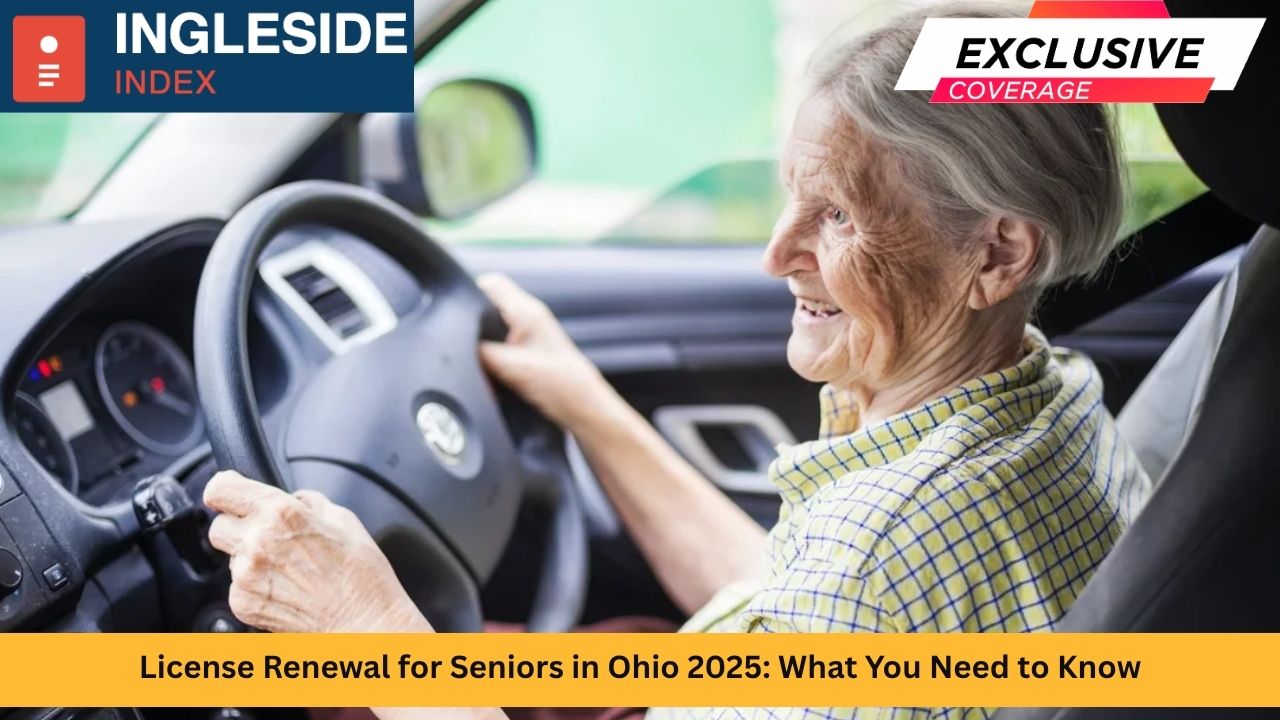


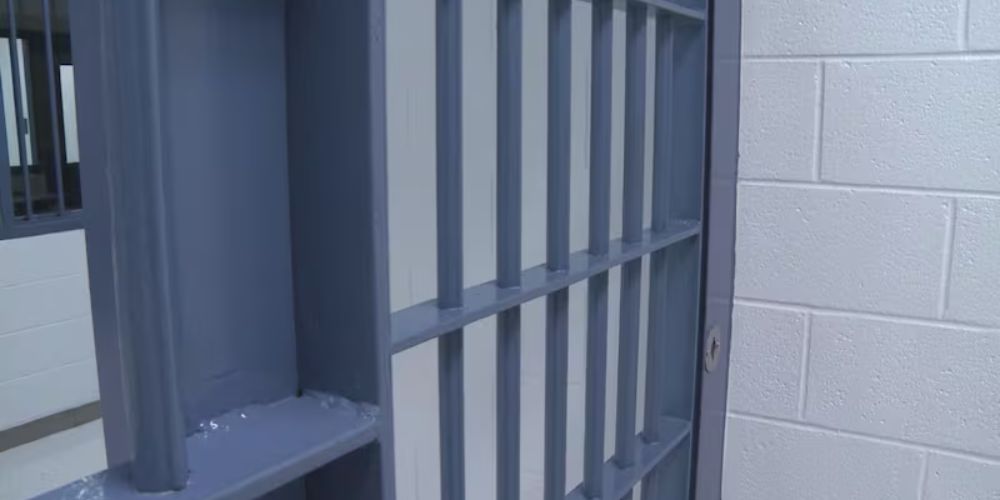
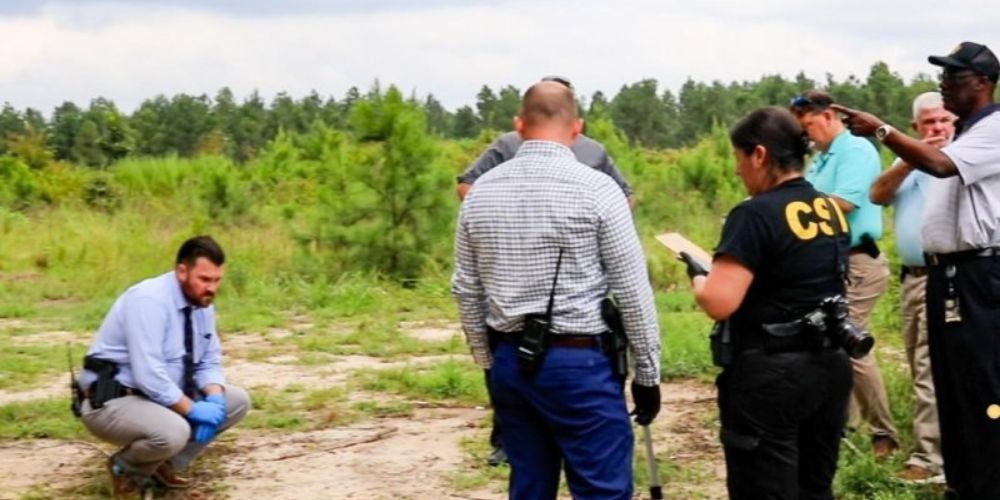
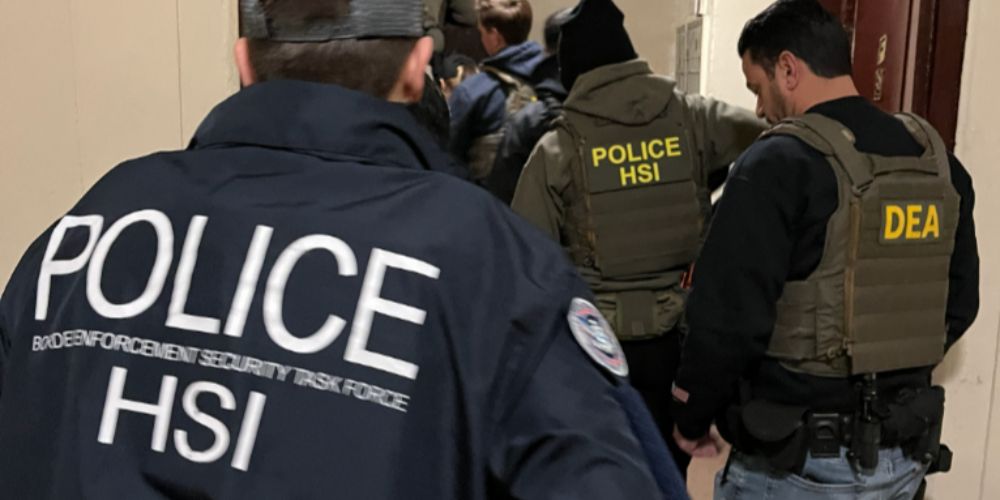
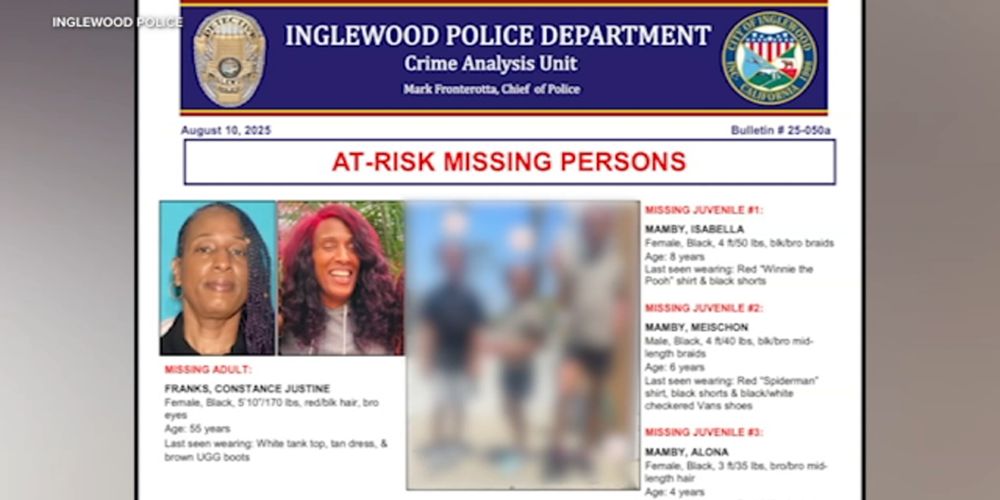



Leave a Comment